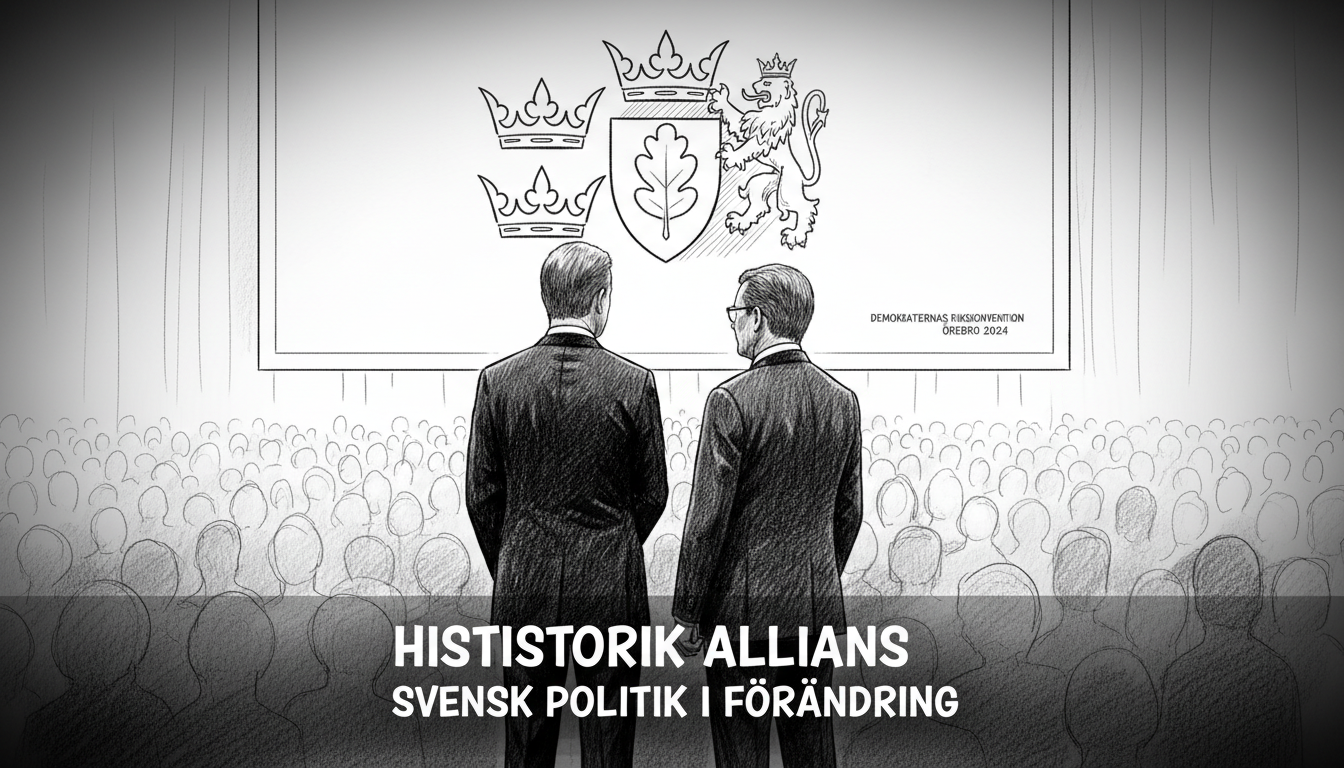Swedish Prime Minister Ulf Kristersson will appear on stage with Sweden Democrats leader Jimmie Åkesson at the party's national convention in Örebro. This marks the first time a sitting prime minister from the Moderate Party has attended the Sweden Democrats' annual gathering. The event represents a significant political milestone in Swedish politics.
The appearance signals the deepening alliance between Kristersson's center-right coalition and the Sweden Democrats. Political observers note this formal platform sharing demonstrates the parties' strengthened cooperation. The Sweden Democrats provide crucial parliamentary support to Kristersson's minority government.
Sweden's political landscape has undergone dramatic changes in recent years. The Sweden Democrats transitioned from political isolation to becoming a key power broker. Their growing influence reflects broader European trends where right-wing populist parties have gained substantial ground.
Why does this stage appearance matter for Swedish politics? It solidifies the political normalization of a party once considered outside the mainstream. The visual of a Moderate Party prime minister sharing a platform with the Sweden Democrats would have been unthinkable just a decade ago.
International readers should understand Sweden's unique political system. Minority governments often require support from other parties to pass legislation. The Sweden Democrats' role has evolved from protest movement to essential coalition partner.
What happens next for Swedish government stability? This public display of unity suggests the governing alliance remains strong despite policy differences. The cooperation appears stable heading into future political battles over immigration and law enforcement policies.
The Örebro convention draws attention to regional political dynamics beyond Stockholm. Local conventions often reveal grassroots sentiment and party direction. This year's gathering takes on added significance with the prime minister's participation.
Swedish political conventions typically set the tone for upcoming parliamentary sessions. The messages delivered in Örebro will likely influence government policy discussions in the coming months. All eyes will be on how both leaders frame their ongoing partnership.
Political analysts watch for signals about future election strategies. The collaboration between traditional center-right and nationalist parties represents a new political reality in Scandinavia. Other Nordic countries face similar political realignments, though Sweden's case remains particularly dramatic.

